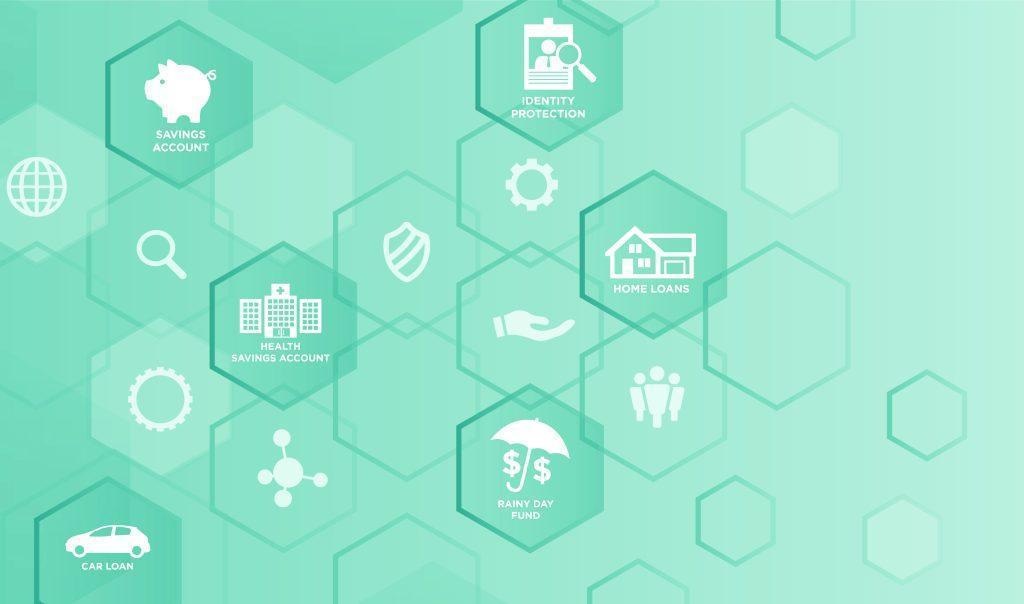We’ve broken it down into 5 different things we think you should know to help keep your finances in top shape. Here they are:
Know Your Accounts
By this, we mean you should know the ins and outs of your specific accounts at the institution you’ve chosen. Are there any fees associated with the account? Is there a minimum balance you are required to have? Are there any limits to the amount of checks you can write, transactions you can conduct, etc. Being informed on all that is associated with your account helps make sure you don’t get any surprise fees. It also helps you know whether this type of account is right for you or not. This is especially helpful for business accounts.
Know Your Balance
This might seem like a no-brainer, but with more electronic transactions and less cash payments this can be harder to keep track of. While maintaining a register is recommended to know your accurate balance, we know that it isn’t practical for many people. Lots of us use our institution’s Online Banking system to keep track of our account balances. However, keep in mind that although you might see your available balance listed in Online Banking, that may not be accurate if you have recent transactions that haven’t posted yet, or if you’ve written a check that has not yet cleared your account. Always keep track of your purchases and check your transaction history to make sure that those payments have already cleared your account when determining if your available balance is correct. Some payments take longer to show up due to the way they are processed by the vendor.
Know Your Dates
If you have loans or credit cards, always know your due dates. A missed payment can not only result in a fee, but can have a negative impact on your credit score as well. Life can get busy so if it helps, mark those dates in your planner or phone calendar to help remind you to make that payment. You can also consider setting up automatic payments with the institution or use Bill Pay.
Know Your Limits
Although this could mean knowing your credit card limits so that you don’t over-spend, we’re actually talking about knowing your limits when it comes to financial privacy. Certain financial information should be kept only to yourself. For example, it’s not recommended to lend out your credit or debit cards to anyone, especially because that would mean sharing your PIN. Your PIN should not be shared with anyone, or even written down anywhere. Make sure you are the only one who knows it. Also, don’t share your Online Banking login information. It may seem harmless, but once someone has this information they can access your account information and your money. They can even change your login credentials and prevent you from logging back in. Always safeguard your financial info.
Know What’s Available to You
Every financial institution has unique products and services that they can offer to you. Take some time to browse their website or ask questions when you open your account. Don’t miss out on services that could make your life simpler. For example, did you know that HFS offers discounted movie tickets, travel and rental cars? Our Online Banking has Bill Pay to help you manage your bills and you can even set up e-lerts to help keep tabs on your account activity. Most of our branches even have coin counting machines so you can save that time and not have to wrap your coins. Being informed could save you time, and possibly even money!

